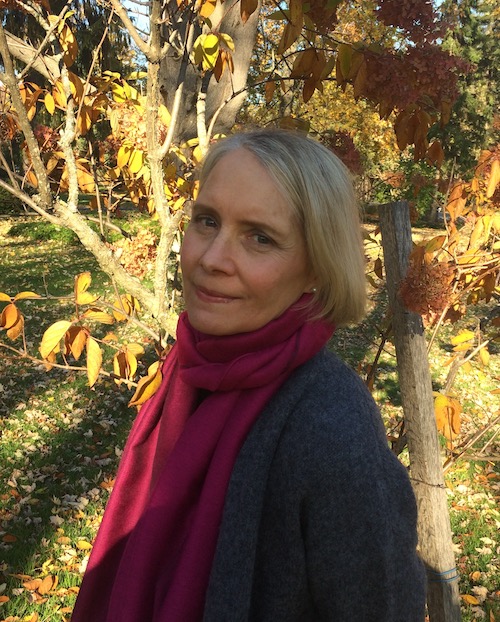Flash Nonfiction by Nadia Ghent
Learning Which Steps Matter

I still remember the warm buttery taste of Flako Cup Cakes, which I made with my mother from a mix in a box. In 1963, even in Greenwich Village, cup cakes were two words. It was always Flako, never Jiffy or Duncan Hines, and I never knew why. If there was a chemical aftertaste to them, I didn't know about it. I was six, and I knew only the perfect roundness of the cupcakes and the smell of sugar, the light sponginess and the domed golden-brown mounding that I could hold in my hands. I knew the way each bite dissolved on my tongue and filled my mouth with sweetness and time with my mother.
She’d have me practice reading the instructions on the back of the box. She told me there were specific steps to follow before I could eat my cupcakes: butter the tin, find the bowls, get an egg from the fridge, pour out a cupful of milk. All this to go into cupcakes—I didn’t understand until then that all things are made up of smaller things.
But often I was too impatient with the steps and an order that seemed too strict. Sometimes I liked to get fancy. I’d dump all the ingredients together and end up with big floury lumps of undissolved cupcake mix and run crying to my mother that all was ruined. She always knew how to fix things: She’d tell me to try stirring the batter a hundred times with a wooden spoon, and so I also got to practice my counting as the batter finally smoothed out into ribbons of creamy thickness.
Soon she let me dribble the batter into the buttered tin, but because I often disregarded the very first step in the starting sequence—preheat the oven—I had to wait until the baking could even begin. After twenty never-ending minutes, ticking away on the wind-up timer, she’d pull out the hot tin with thick oven mitts and let me test to see if the cupcakes were done, handing me a wooden toothpick to stick into each center. It would be my call to make, that perfect moment of doneness. When the cupcakes were warm, they were good even without frosting, which was too much of a bother to make anyway.
This was time my mother and I spent together away from the flow of life and living in a family and the urgency of the telephone and my younger sisters. This was the litany of bowls and wooden spoons, the attention to the steps that needed taking, and the way to fix something that went beyond baking cupcakes and into the realm of how to walk into life and know what to do if things go wrong. But to me, then, it was only about Flako Cup Cakes. Reading the instructions on the back of the box ensured they were perfect every time.
Art Information
- “Surprise Birthday” © Nathan Bingle; public domain.
 Nadia Ghent studied literature at Brown University and violin performance at Manhattan School of Music. Her work has appeared in Necessary Fiction, Assay, and Slag Glass City. Her essay, “The Girl Who Would Bring Back the Tsar,” is featured in the recent anthology Before They Were Our Mothers (Journal Arts Press, 2017). Currently a candidate for the ALM degree in English at Harvard Extension, she is also writing a book about music, motherhood, and mental illness.
Nadia Ghent studied literature at Brown University and violin performance at Manhattan School of Music. Her work has appeared in Necessary Fiction, Assay, and Slag Glass City. Her essay, “The Girl Who Would Bring Back the Tsar,” is featured in the recent anthology Before They Were Our Mothers (Journal Arts Press, 2017). Currently a candidate for the ALM degree in English at Harvard Extension, she is also writing a book about music, motherhood, and mental illness.
Follow her on Twitter @nadia_ghent.
